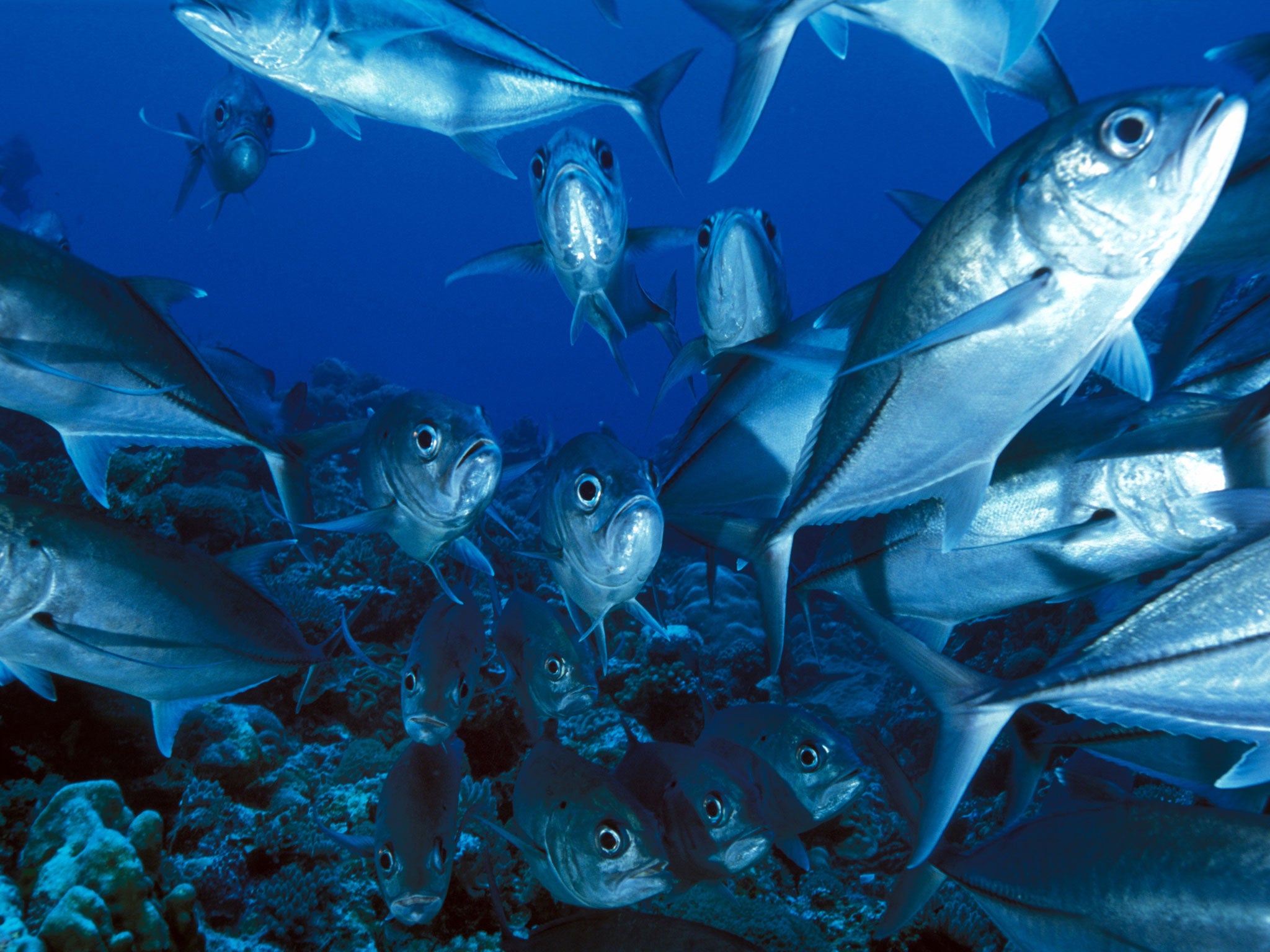Climate change: Davey calls for new deal on emissions as UN warns of a catastrophe

Your support helps us to tell the story
From reproductive rights to climate change to Big Tech, The Independent is on the ground when the story is developing. Whether it's investigating the financials of Elon Musk's pro-Trump PAC or producing our latest documentary, 'The A Word', which shines a light on the American women fighting for reproductive rights, we know how important it is to parse out the facts from the messaging.
At such a critical moment in US history, we need reporters on the ground. Your donation allows us to keep sending journalists to speak to both sides of the story.
The Independent is trusted by Americans across the entire political spectrum. And unlike many other quality news outlets, we choose not to lock Americans out of our reporting and analysis with paywalls. We believe quality journalism should be available to everyone, paid for by those who can afford it.
Your support makes all the difference.The Government has called for a new ambitious deal on global emissions in wake of a landmark United Nations report that demands bold action to avert a climate change catastrophe.
The final part of the Intergovernmental Panel on Climate Change (IPCC) report, produced by 1,250 international experts and approved by 194 governments, was published yesterday. The Secretary of State for Energy Ed Davey said in response: “We need a worldwide, large-scale change to our energy system if we are to limit the effects of climate change”.
He also called for international leaders to work together with “enforced vigour” to secure an ambitious legally binding global agreement on climate change in 2015.
Yet last night it emerged that the Government’s fuel duty freeze will boost Britain’s GDP by 0.5 per cent over the coming years, reinforcing George Osborne’s reputation for putting economic growth ahead of tackling climate change.
An analysis commissioned by Mr Osborne shows that more than half the revenue lost by freezing petrol and diesel at around 58p per litre will be recovered by the Treasury in duty paid on extra fuel consumption.
The figures, however, will dismay green groups as they suggest that the freeze has led to increased car and truck use and rises in emissions.
They come as the IPCC report says that the world needs to more than triple the share of energy it generates from clean energy if it wants to keep the global temperature increase below 2C, the target agreed by the UN to avoid the most dangerous changes in the world’s climate.
If these changes are introduced in the short term, the report says, the impact on global economic growth would reduce global annual economic growth by as little as 0.06 percentage points, but if they are delayed it warns the economic costs will rocket.
Mr Davey’s response to the report comes amid accusations that the UK Government is stunting the growth of the renewable energy sector through direct attacks on the industry and a failure to provide long-term direction on policy and subsidies.
Vince Dale, CEO of UK green energy supplier Ecotricity, said that while the government has acknowledged warnings from the UN about climate change they are “clearly pulling in the opposite direction”. “The Conservatives appear to have an ideological opposition to renewable energy and have taken a series of steps in the past 24 months to curb the onshore wind and solar industries,” he said.
“It’s been clear this Conservative Government has laying the groundwork to replace clean wind power with dirty fossil fuels in the form of shale gas fracking.”
Amid growing policy uncertainty, plans for UK wind farms have been slashed over recent months – including the planned expansion of world’s biggest offshore wind farm, the London Array. It announced the cancellation of its entire second phase on 19 February.
In the wake of the report, Friends of the Earth executive director Andy Atkins said: “The IPCC report is clear: we already have the technologies to make the journey to safe, clean energy. But the clock is ticking, we must act now.”
The report comes amid a global slump in renewable energy investment.
Last year global clean energy investment fell by 11 per cent to $254bn (£152bn), according to research published on 3 April by Pew Charitable Trusts. The worldwide slump is being driven by continuing policy uncertainty in some of the world’s biggest economies and a growing exasperation among governments about ballooning subsidies for the renewable sector.
Join our commenting forum
Join thought-provoking conversations, follow other Independent readers and see their replies
Comments